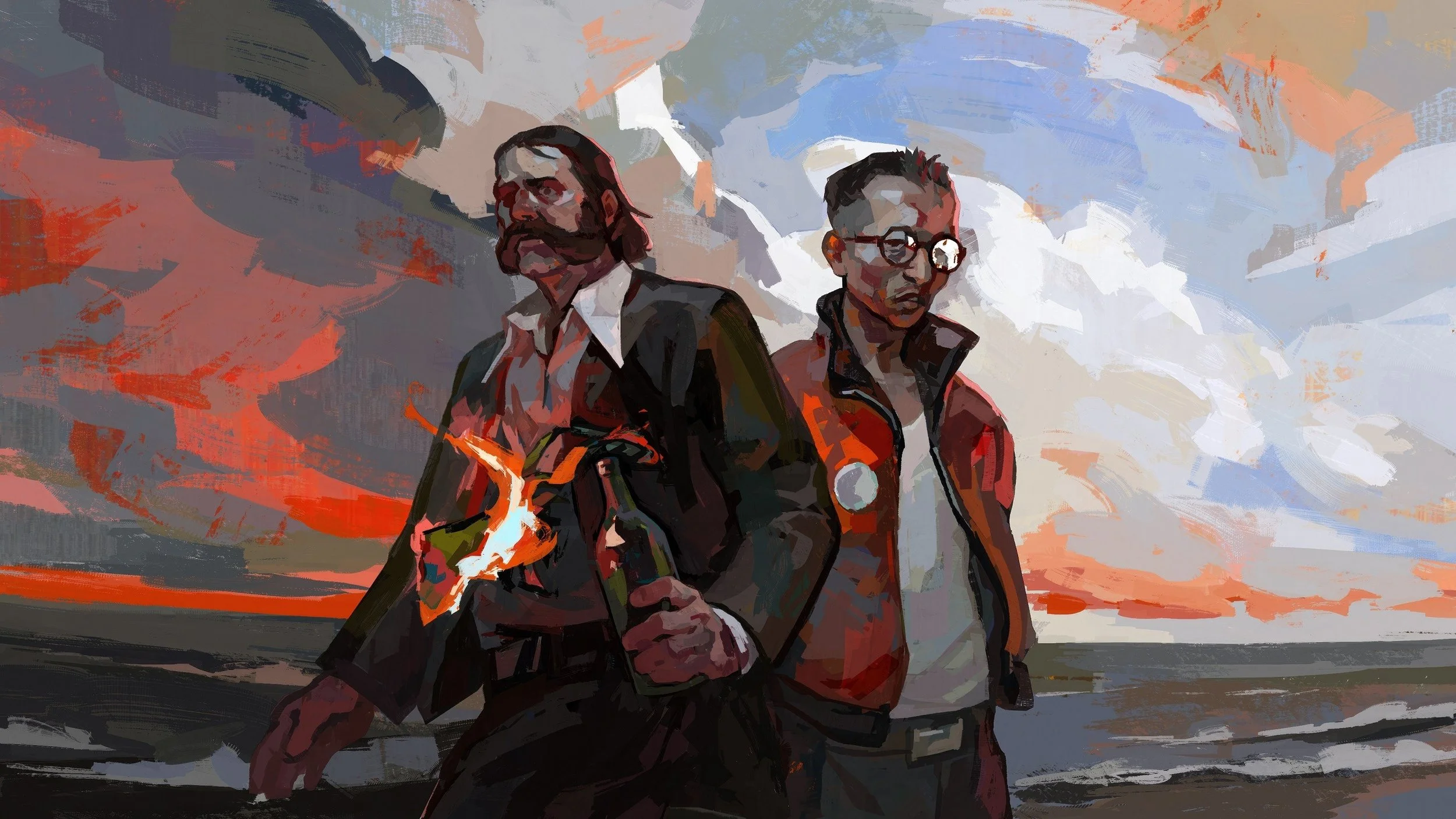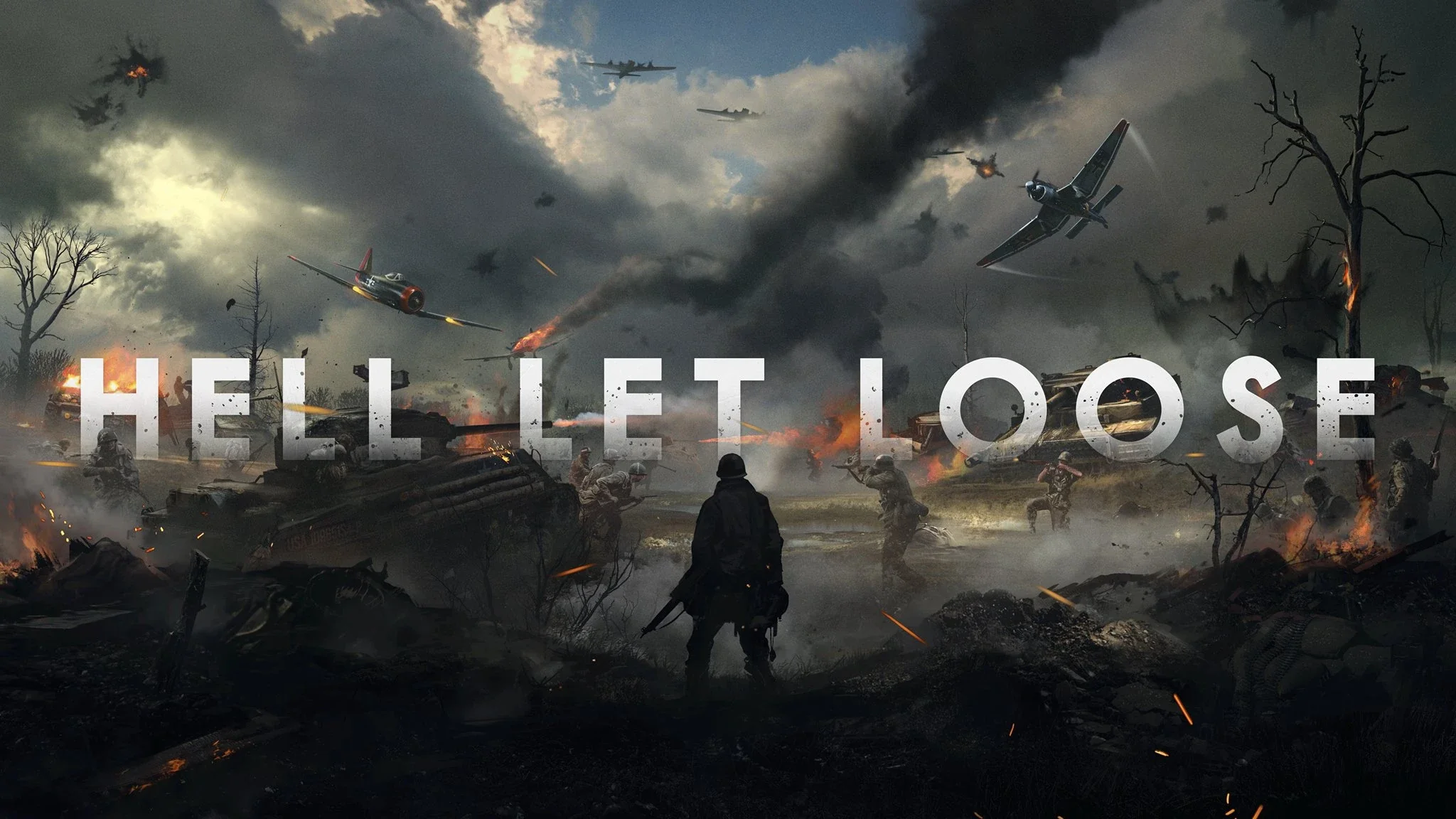Video Game Monopolies
Less than two weeks after we learned that Microsoft would be purchasing Activision Blizzard for $70 billion, today it was announced that PlayStation Studios (AKA Sony) is to buy Bungie for $3.6 billion. Both Microsoft and Sony have extolled the virtues of their respective acquisitions and claim that gamers will benefit. Game passes will become better value for money with new titles added to them. Accessibility and crossplay may well increase due to each company’s technological innovations. Console prices could even be reduced. And at a company level, restructuring and streamlining presents a potential opportunity to purge some developers of many of the toxicity issues that blight them. If you believe the press releases from both Sony and Microsoft, then the future of gaming is in safe hands and looking good. And so far there hasn’t been one mention of NFTs.
However, if one steps back as a gamer and considers the nature of monopolies and their historical precedent, then things don’t look so great. Typical problems associated with monopolies are as follows. Higher prices than in competitive markets. A decline in consumer surplus. Monopolies have fewer incentives to be efficient. Possible diseconomies of scale. Monopolies often have monopsony power in paying a lower price to suppliers. All of which can lead to poor quality, unoriginal, expensive video games made by overworked developers in poorly paid and bad working conditions. And let us not forget the industry's ongoing and ever increasing infatuation with blockchain technology and non-fungible tokens. The days of paying once for a game are on the way out. The prospect of gaming being a second job is on the horizon.
I find my interest in gaming waning on a daily basis. Have I outgrown gaming? No. Not at all. I still enjoy many aspects of playing a well conceived and implemented video game. But I have outgrown the hype, the tribal and partisan nature of video game culture and I’m as tired as hell with many generic, uninspired and frankly unenjoyable titles. Like good quality films, you need to cast your net far and wide to find decent video games these days. Or defer to older classics. The prospect of large monopolies dominating the video game industry hardly assuages my concerns. However, monopolies are not bulletproof institutions. When reflecting upon successful companies like De Beers, do not forget the fate of Pan Am, IBM and AOL. And if contemplating the machinations of big business is too depressing for you, consider The Very Big Corporation of America from Monty Python’s The Meaning of Life.




























